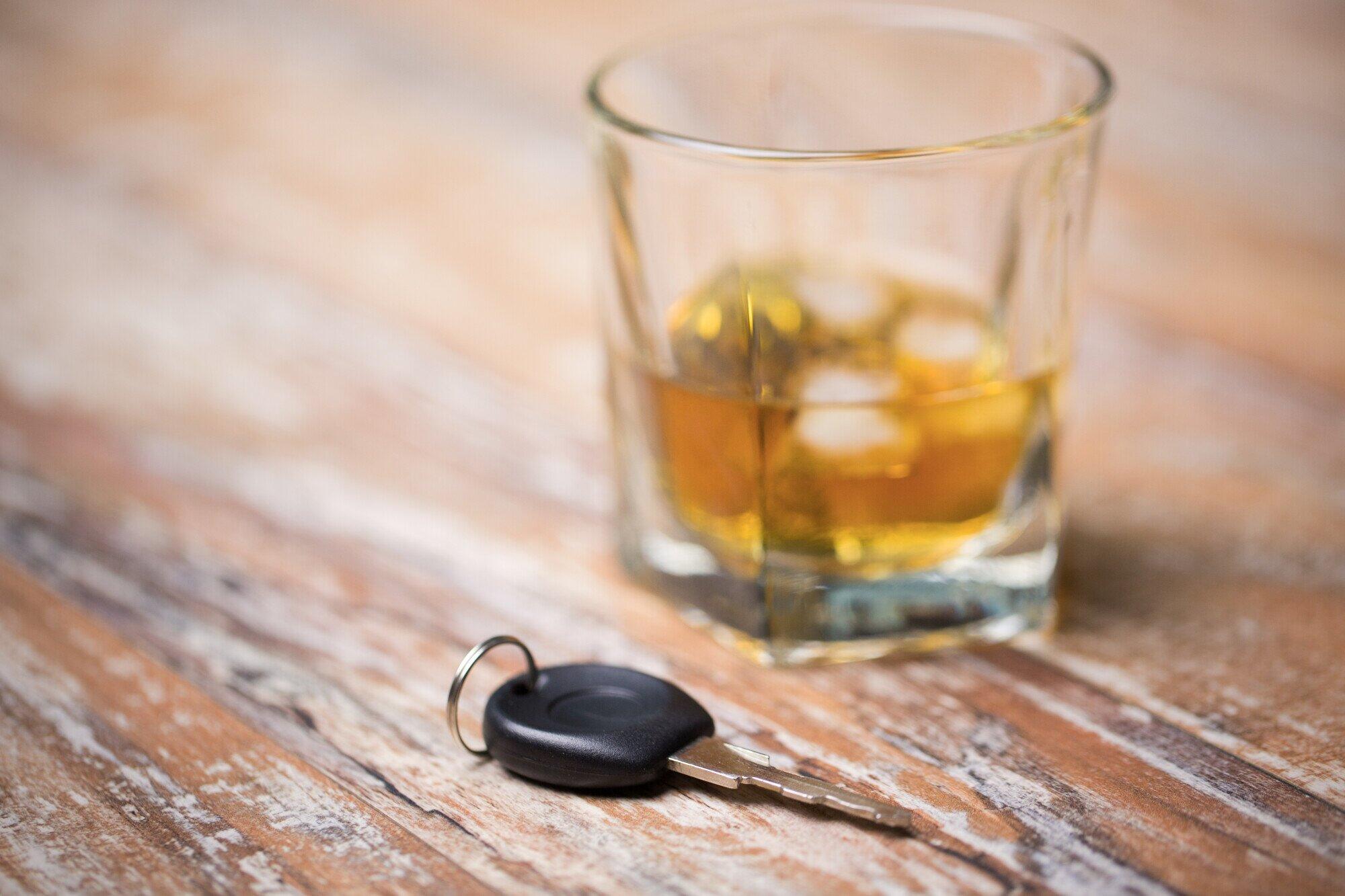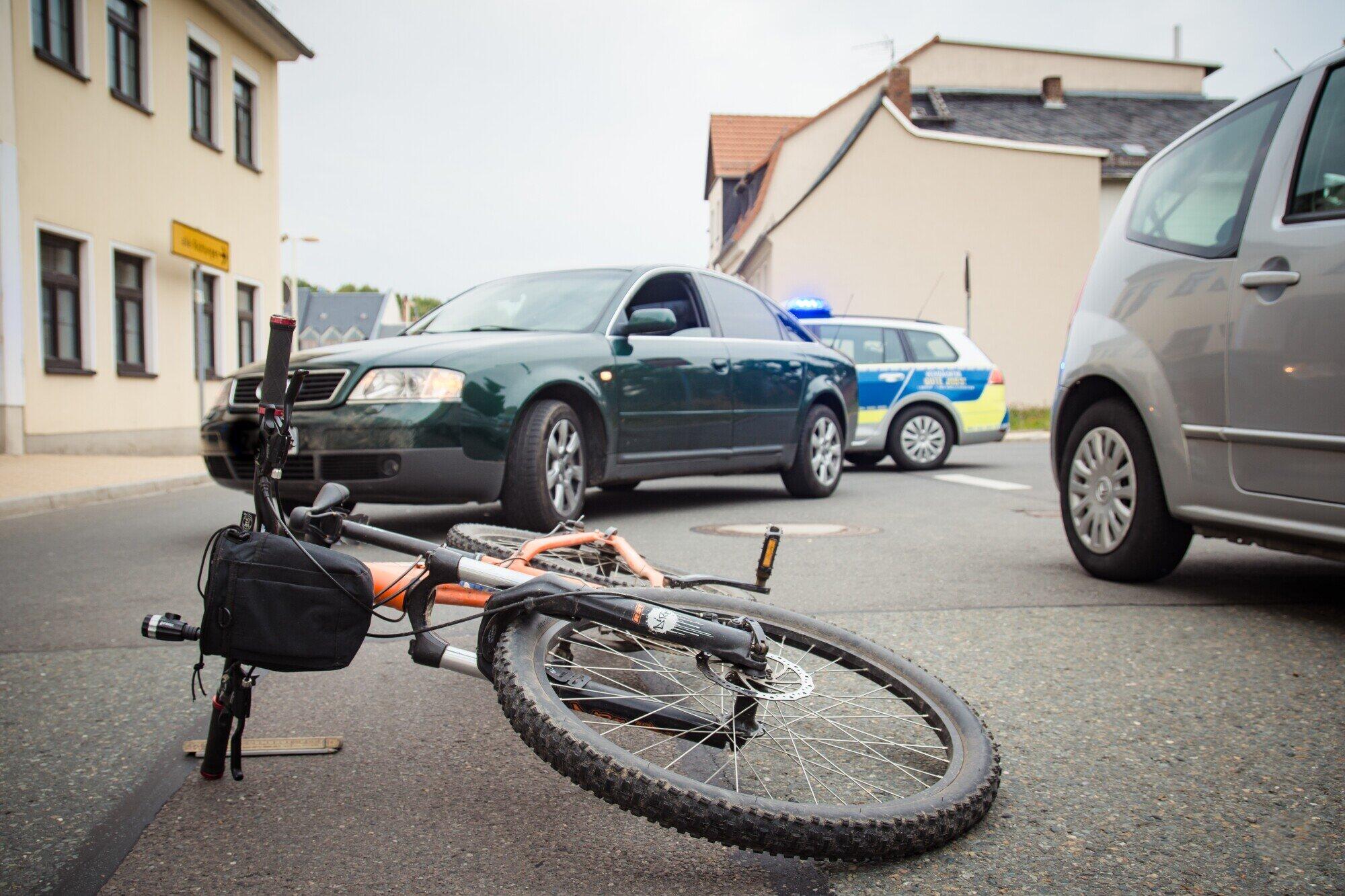Pulling up to a dui checkpoint can be overwhelming. Here are some key things to keep in mind concerning your rights.
According to the CDC, DUI checkpoints reduce alcohol-related crashes by 17% and all crashes by 10-15%. Obviously, these checkpoints work for the greater good, and ideally, you shouldn’t be driving around with any alcohol in your system.
But we’re all human, and maybe just this once, you decided to drive after having a beer or two. And now, there’s a DUI checkpoint in front of you and you don’t know what to do.
Here are 5 important things you need to know about DUI checkpoint laws and things you should do at a sobriety checkpoint.
1. DUI Checkpoints Are Legal and Constitutional.
Considering some DUI checkpoints feel like surprises, you might think they’re not constitutional. However, you can’t dodge a checkpoint like this, because they are in fact, legal and constitutional; at least in the state of California.
In the 1987 case Ingersoll v. Palmer (1987) – https://law.justia.com/cases/california/supreme-court/3d/43/1321.html, the California Supreme Court ruled that DUI checkpoints are considered “administrative inspections.” This means they fall under the same categorization as airport screenings do, and you’ve ever traveled before, you’ll know that this is mandatory to fly.
For those of you who are well-versed in the Amendments, you may have noticed this is “in violation” of the 4th Amendment. This amendment states that an officer needs to have probable cause or reasonable suspicion to stop you for a DUI check. However, DUI checkpoints are an exception to this law.
2. DUI Checkpoints Must Be Carefully Selected.
In order for the DUI checkpoints to be legal and constitutional, they must not be picked at random. For example, checkpoints to be considered must be areas where there’s a high instance of DUIs on record. This can be regarding accidents or arrests.
Not only that, but the police department must choose a reasonable time to have these DUI checkpoints as well. In this case, they should choose times where DUIs happen the most, such as late-night or early-morning hours. So by this logic, DUI checkpoints shouldn’t happen during rush hour.
In addition, the officers can’t be discriminatory in which cars they stop. So they can’t stop you just based on the fact that they suspect you’re driving under the influence.
Beforehand, they must determine a certain formula or pattern that’s neutral. For example, all officers can agree to stop every 5 cars.
3. DUI Checkpoints Have to Be Announced in Advance.
If you’ve made a mistake and are driving the influence, not all hope is lost just yet. By law, DUI checkpoints have to be announced in advance to them being set up. This means you can quickly hop online and check local websites and chat groups to see if there are any on your way home.
In general, DUI checkpoints are announced about a week in advance. However, if you run into an unexpected one, that doesn’t necessarily make it unconstitutional.
While law enforcement agencies don’t have to announce where the DUI checkpoint will be, it’s certainly still beneficial to know when it’ll be.
Once they’ve set it all up, the police are also required to make it clear to drivers there’s a DUI checkpoint coming up. They need to have adequate signage, lighting (flashing lights if need be), law enforcement vehicles, and uniformed offers on the scene.
4. You Don’t Have to Go Through the DUI Checkpoint.
Before you misinterpret this, let’s first make this clear: if you’ve driven up to the point where the officer is asking you to go through the motions of their sobriety tests, then you must go through with everything the officer is asking of you.
This means you can’t refuse to do the checkpoint. If you try and drive through it without stopping, then there are some serious legal repercussions.
With that being said, in point #3, all DUI checkpoints have to be announced in advance, plus they must be adequately set up. This means you should be able to see it from far away.
While you can’t drive through a DUI checkpoint without stopping, you can certainly avoid going through it, provided you can do so legally. For example, if there’s an area for you to make a legal u-turn, you can do so without any penalty.
5. You Don’t Always Have to Do the Blood Alcohol Concentration (BAC) Test.
When compared to other states, California is a bit unique; they have an “implied consent” law. This means if you’re arrested for a DUI, you must submit a BAC test.
However, to arrest you, the officer needs probable cause, such as the smell of alcohol on your breath. Since this is their word against yours, you can still fight it.
Yes, you’re legally required to take a BAC test. However, you can choose to refuse it.
Do know that this doesn’t come without consequences. By refusing the BAC test, you’ll be fined and will lose your driver’s license for a year. And if you’re convicted of a DUI, then you might also go to jail.
If you decide to decline a BAC test, then you’ll want to get the best DUI lawyer on your side. That way, you can decrease your chances of potential jail time.
Know the DUI Checkpoint Laws.
Obviously, you should never drink and drive. If you’re planning on imbibing alcohol, give it approximately 1 hour per drink to be in the clear to get behind the wheel.
But if you’ve made a mistake, you shouldn’t be punished for the rest of your life for that slip-up. By knowing the DUI checkpoint laws in California, you’ll have a better time navigating the legal system should you, unfortunately, decide to make a bad decision about drinking and driving.
Have you recently gotten in trouble at a DUI checkpoint? Then contact Prentiss Law to help you out immediately. You only have 10 calendar days from your arrest to take action, so prevent suspension of your license immediately!



